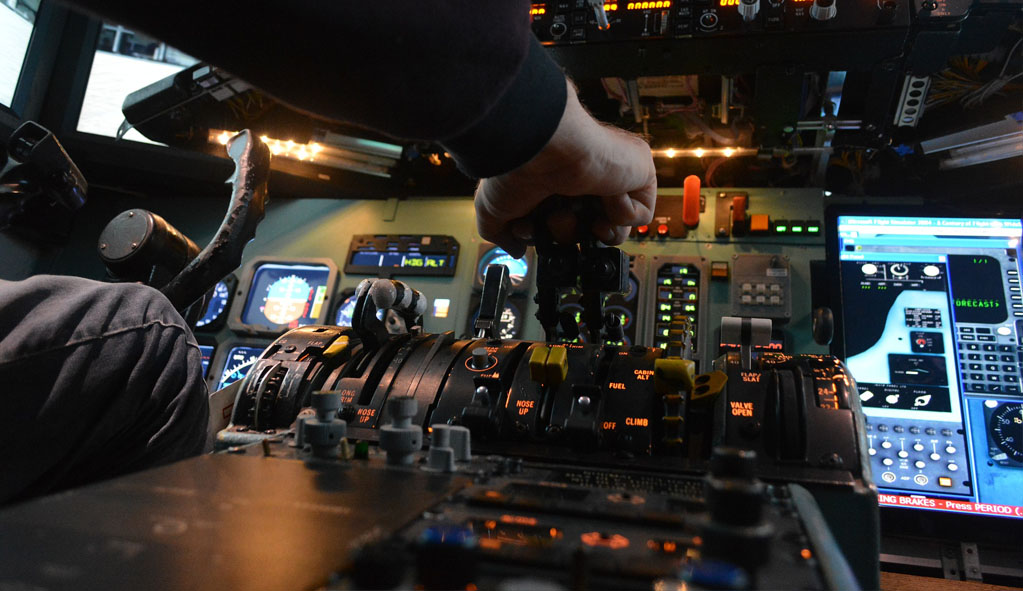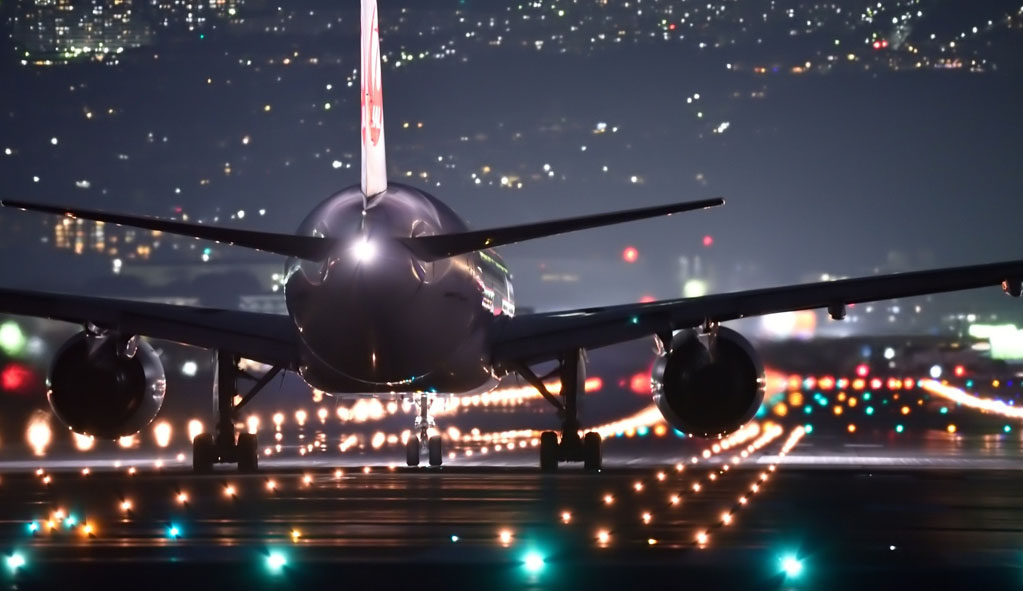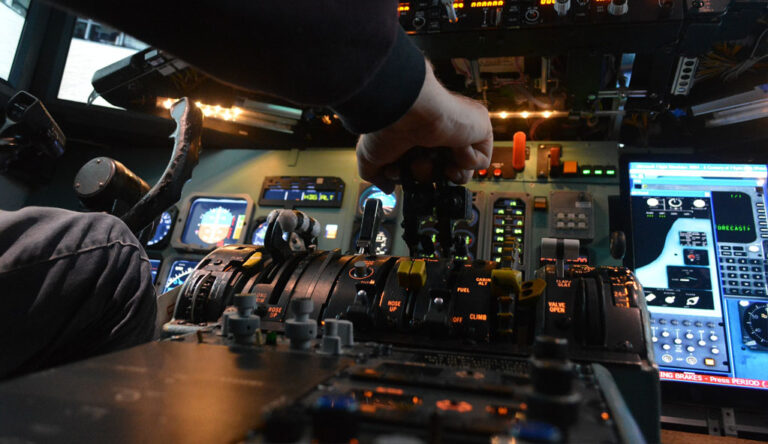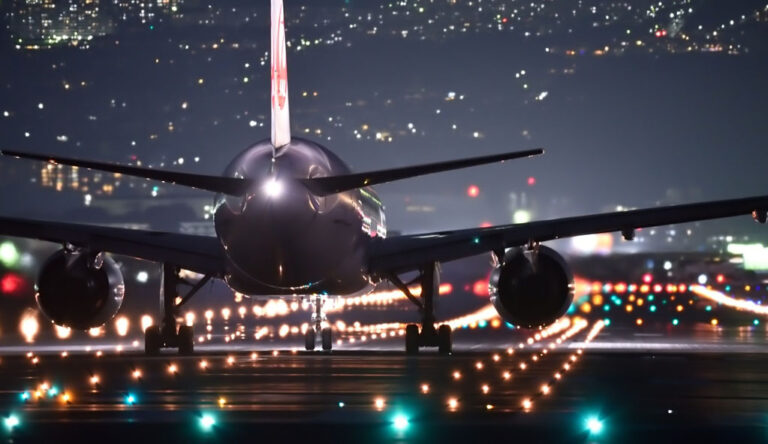Instrument Rating
Course Overview
By obtaining an Instrument Rating (IR), you’ll be equipped with the skills and knowledge to fly an aircraft using instruments only under Instrument Flight Rules (IFR), without relying on visual cues. This means you’ll be able to fly in conditions that would otherwise ground pilots with only a Private Pilot License (PPL). With an IR, you’ll be able to navigate through clouds, fly in low visibility conditions, and handle complex air traffic situations with ease and confidence.
But beyond the increased safety and confidence in flying, obtaining an Instrument Rating (IR) will also broaden your horizons as a pilot. You’ll be able to explore new routes, take on more challenging flights, and even consider a career in aviation as an airline pilot. Many aviation companies and airlines require their pilots to have an IR, making it an essential step towards achieving your dream job in aviation.
IR(A) allows you to operate under Instrument Meteorological Conditions (IMC) and land with CAT I minima.
Pre-Entry Requirements
To enroll in the IR training course, the candidate must meet the following prerequisites:
- Minimum age of 18 years old.
- PPL(A) or CPL(A) airplane pilot license.
- Class 1 or Class 2 Aviation Medical Certificate with an endorsement for IFR operations
- Minimum of 50 hours of cross-country flight time as Pilot in Command (PIC)
- Minimum of ICAO 4 English proficiency certification and English IFR certification based on FCL 055d.
Course Structure
- The IR training course consists of both theoretical knowledge instruction and flight training. The theoretical knowledge instruction includes aeronautical knowledge, IFR operations, regulations, and systems. There is a minimum of 150 hours of theoretical instruction required. The candidate must pass the relevant theoretical knowledge examination from the European Union Aviation Safety Agency (EASA) under any national CAA.
- The flight training at Volantis Professional Flight School includes a minimum of 50 hours of instrument flight time, of which at least 15 hours must be with an instructor in airplane and up to 35 hours can be in a simulator. Holders of CPL have reduced requirement of 40 flight hours. The candidate must complete a cross-country flight of at least 300 nautical miles, including two full instrument approach procedures at different aerodromes, and a minimum of five hours of instrument flight time in en-route conditions.
- After completing the theoretical knowledge instruction and flight training, the candidate must pass a skill test with an EASA examiner. The skill test takes approximately two hours. Upon passing the test, the EASA will review the candidate’s qualifications and issue the IR rating.
- The flight course is held as a private lesson, an instructor is available only for the client and the flight course is set based on individual expectations, time, and pace as per specific client needs. Care to fly to Salzburg and visit the famous Red Bull Hangar 7 during your IR training? No problem. Volantis ensures you get comprehensive experience with IFR procedures from many local and international airports.
- Unlimited account in AVIEE.io, specialized flight debrief software, is included. We make sure to enhance your flight experience, make your training most effective and provide you with another level of security.
- Duration: 2 – 3 months.
Contact Us




